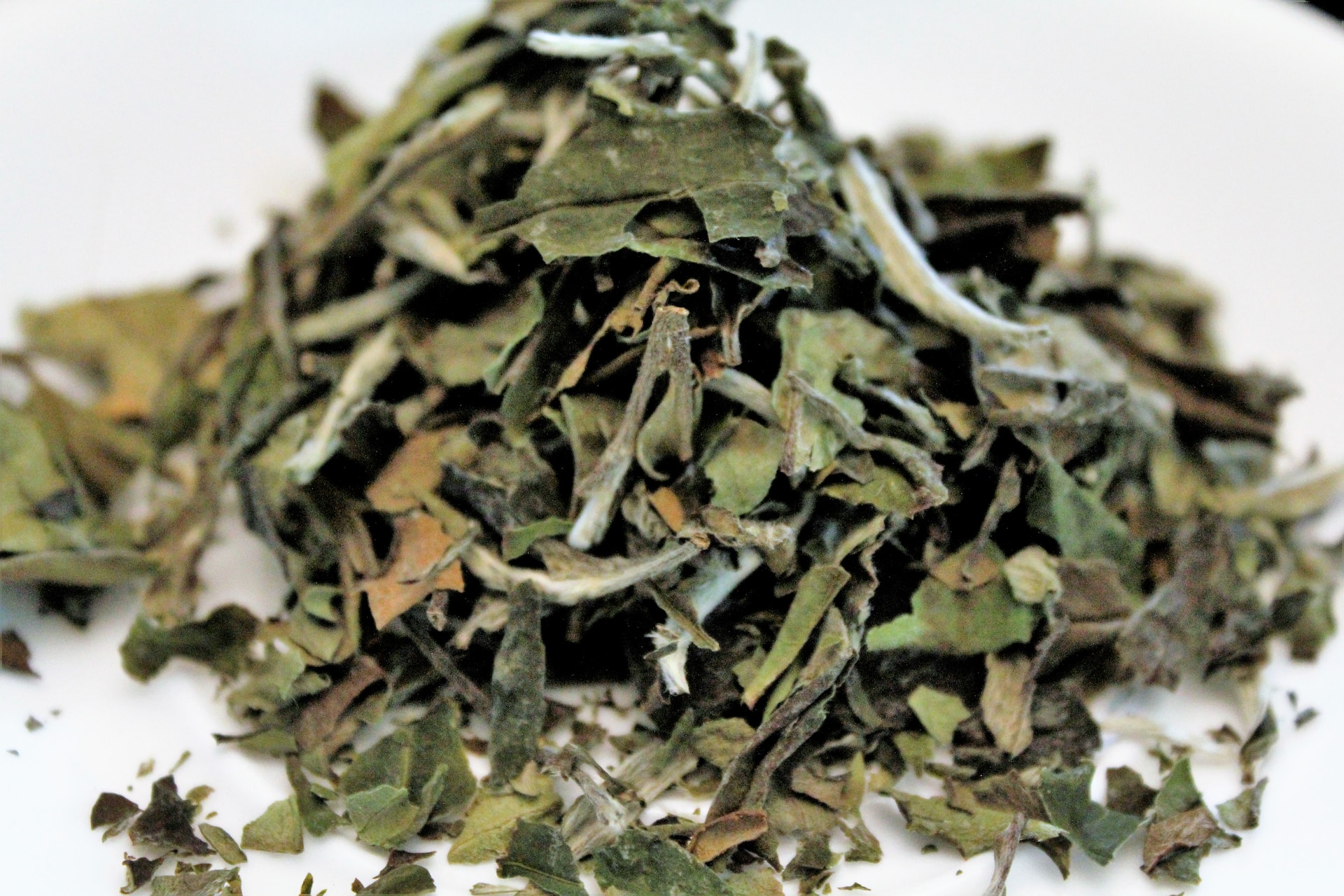Over 20,000 Pounds of Khat Seized by US Officials

According to a statement released by Customs and Border Protection, authorities in the US confiscated more than 20,000 pounds of the drug-producing plant khat.
A cargo from Kenya to the US containing more than ten tons of the dried plant disguised as tea with an estimated street value of $3.6 million was seized. It was apparently the biggest such seizure in the area when it was apprehended in the Puget Sound area.
Khat has cathinone, a stimulant and excitant substance that is addictive. The plant's leaves are frequently chewed or dried before being made into tea. Khat has been prohibited in the US since 1987 and is considered a Schedule 1 drug, with the highest penalties. US Homeland Security Agencies, Customs and Border Protection, and the US Coast Guard collaborated to make the seizure in the Seattle Maritime Port.
Khat is a plant that is mainly grown in the Arabian Peninsula and other regions in Africa. Catha, chat, kat, miraa, oat, and quaadka are some of the other street names for khat. Other names include Abyssinian tea and African salad.
“This khat seizure demonstrates Customs and Border Protection officers’ effectiveness, dedication and expertise searching through the tens of thousands of international containers to find the proverbial needle in the haystack,” said CBP’s Port Director for the Area Port of Seattle J. Rene Ortega.“
Khat remains illegal to import into the US and CBP officers will continue to seize khat and all illicit substances that pose a threat. Drug interdiction at our nation’s borders is one of many ways in which CBP helps to keep our communities safe,” added Ortega.
“This seizure underscores the importance of inter-agency cooperation,” said Sector Puget Sound Commander Captain Patrick Hilbert. “The Coast Guard and Customs and Border Patrol frequently train and operate together to safeguard our borders. This success is a direct result of that cooperation.”